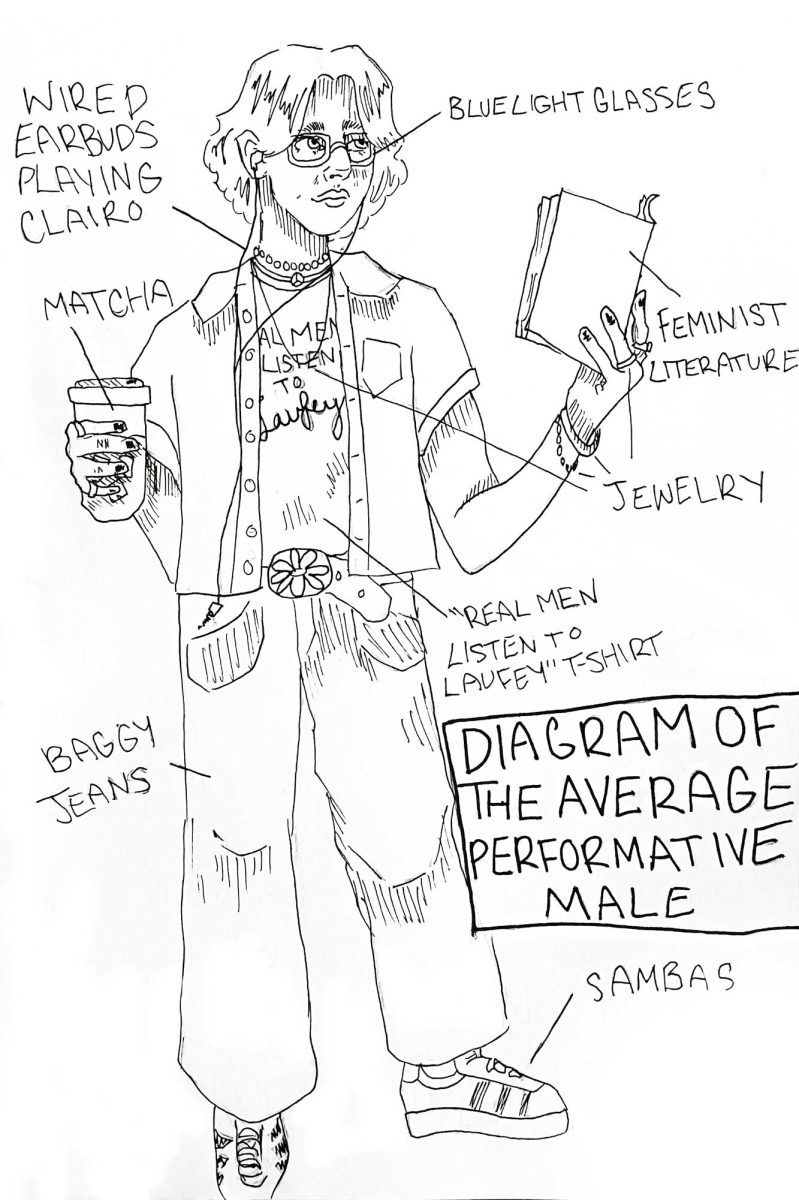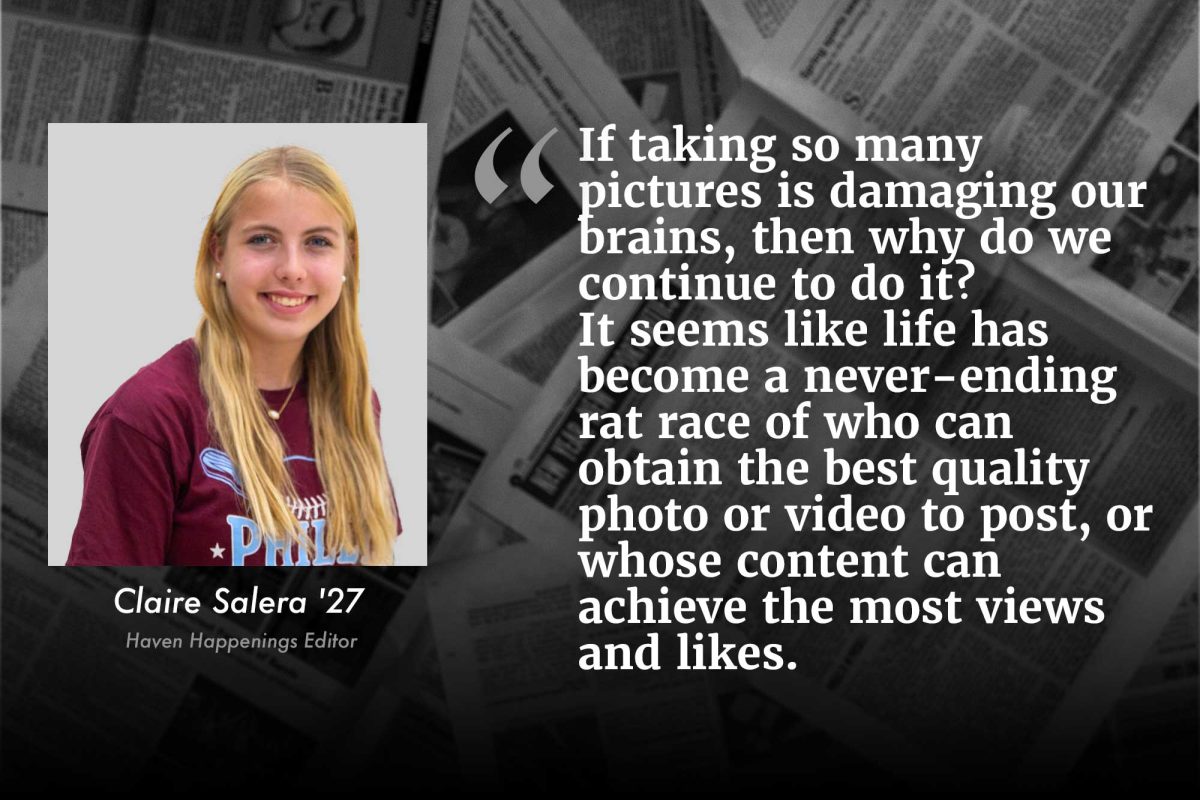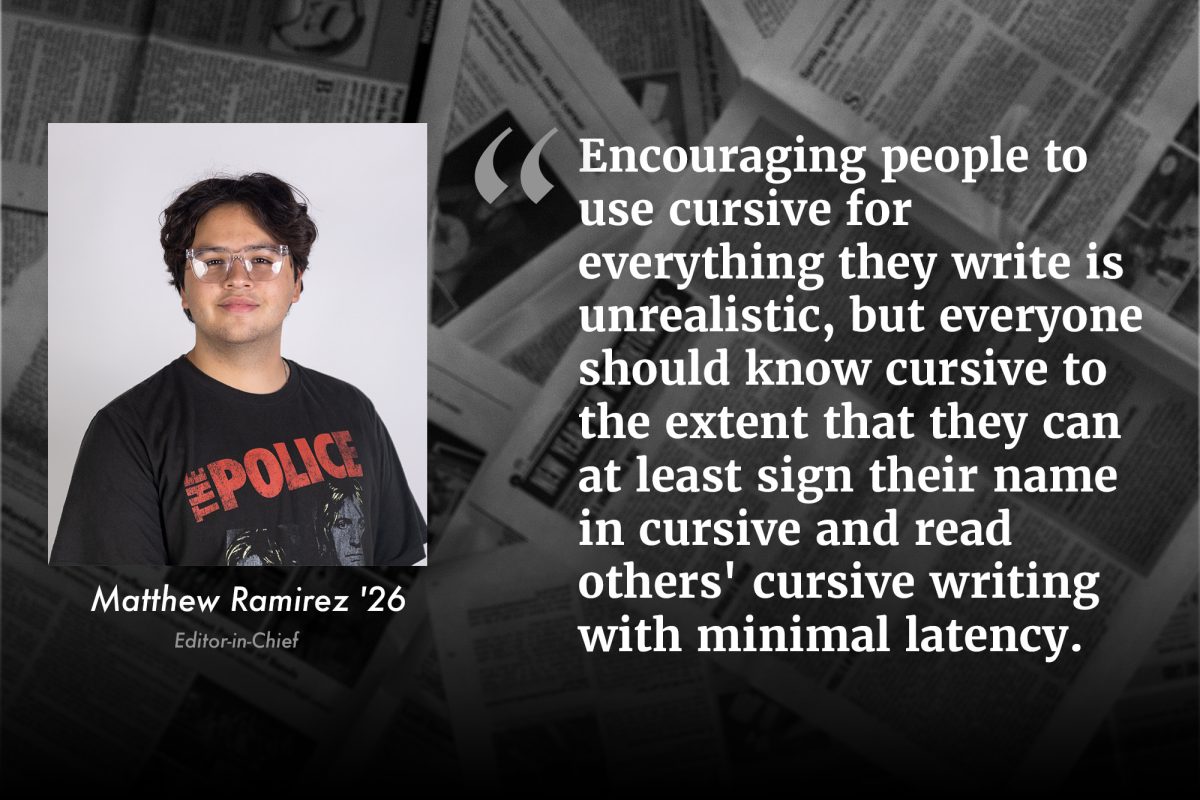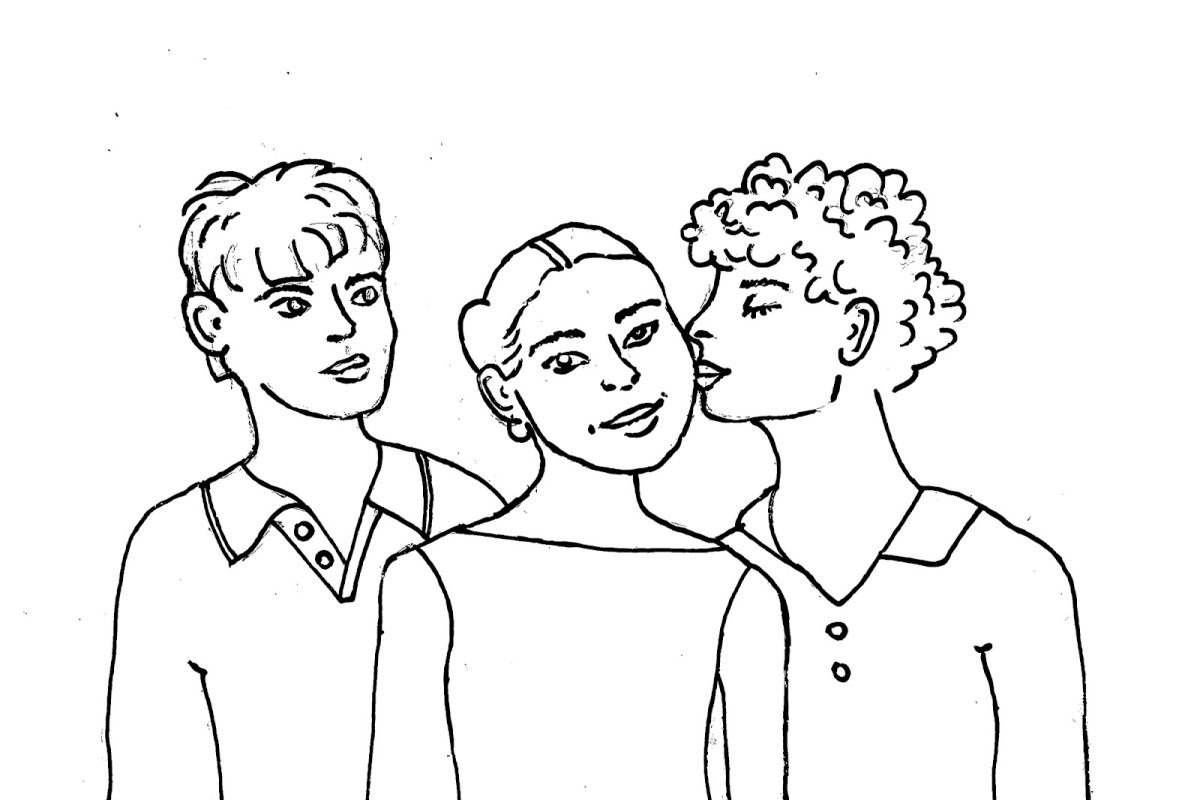What trends will define 2025? For many people, it is the performative man.
The performative man is one who walks around with a mandatory tote bag, headphones playing Clairo, Labubus swinging from his belt, and a matcha in hand. He quotes self-help books and gushes over Sally Rooney’s prose.

We have condemned this performative man. This is a man who pretends to be an ally to get girls, a man who doesn’t know anything about the feminist literature he claims to adore, a man that I can’t say I’ve ever truly met in my life.
The internet has been on a witch hunt for these performative men. A post of a guy reading on a park bench?
“It’s giving pick me.”
“She won’t let you hit bro.”
It’s fun to point fingers and condemn the performative man.
Yet, when someone posts their gym gains, no one says they’re performative. Instead, they get likes and clapping emojis.
In fact, all of social media is a stage. I know that aesthetic photo dump of yours was only posted after extensive consultation with your friends. There is also no way that influencer is not using a filter, or that they’re happy all of the time in their perfect, pretty bubble.
An article in The Guardian questions the root of the performative male epidemic.
“Performative righteousness is not solely the preserve of young men. I have often felt that the parallel vapidness and popularity of online social-justice messaging has created an entire generation (or two) of people obsessed with the idea of telegraphing their own worthiness rather than practising it,” columnist Rachel Connolly writes.
So if being performative is something we can all be blamed for, why do some keep criticizing men who do things we deem “feminine” or just attractive to women? Why is it any different from the careful cultivation of posts and comments that we’ve created?
For starters, we’ve become a lot more distrustful of each other. That means when men try to present themselves as feminist allies, our first instinct is to question their intentions. My dad always tells me to watch for the agenda: what does this person want from you?
It doesn’t help that there’s still a stigma around men doing things that aren’t considered “manly”. In reality, reading and drinking matcha aren’t really gendered things at all. It’s only when we assign those connotations to it that it becomes gendered — reading “Pride and Prejudice,” which is a romance novel, simply must be performative, because apparently guys can’t read romance.
I understand that the discourse suggests that performative men are not doing their research on what they’re showing off. I completely agree that it’s problematic for people to support activism and social justice for personal gain.
It’s true that men shouldn’t have to perform for women, but women have been pressured to perform for men since the beginning of time. If we’re going to critique the performative male, maybe we should take a look at the systems that make them think being performative will make them more attractive.
The risk of publicly shaming the men who aren’t participating in “performative male activities” is greater than the risk of letting true performative men slip through the cracks.













